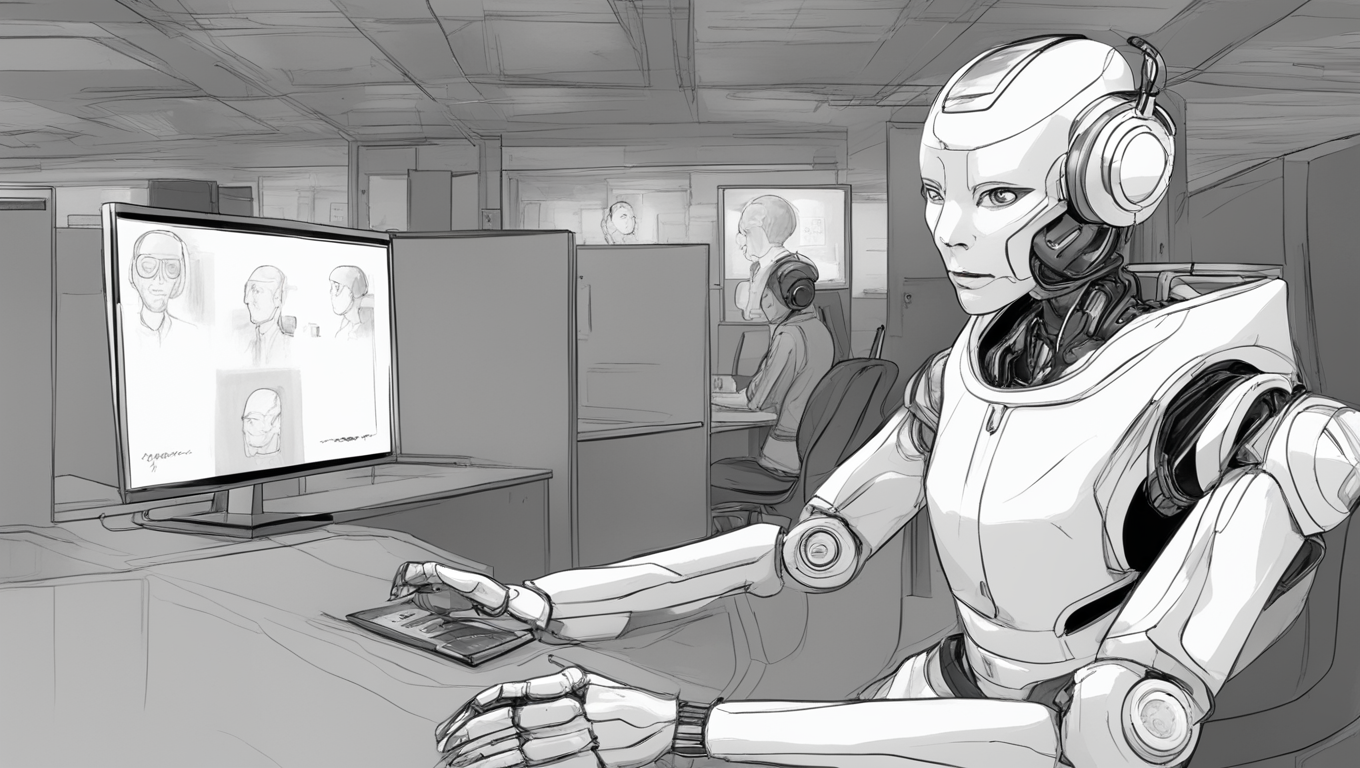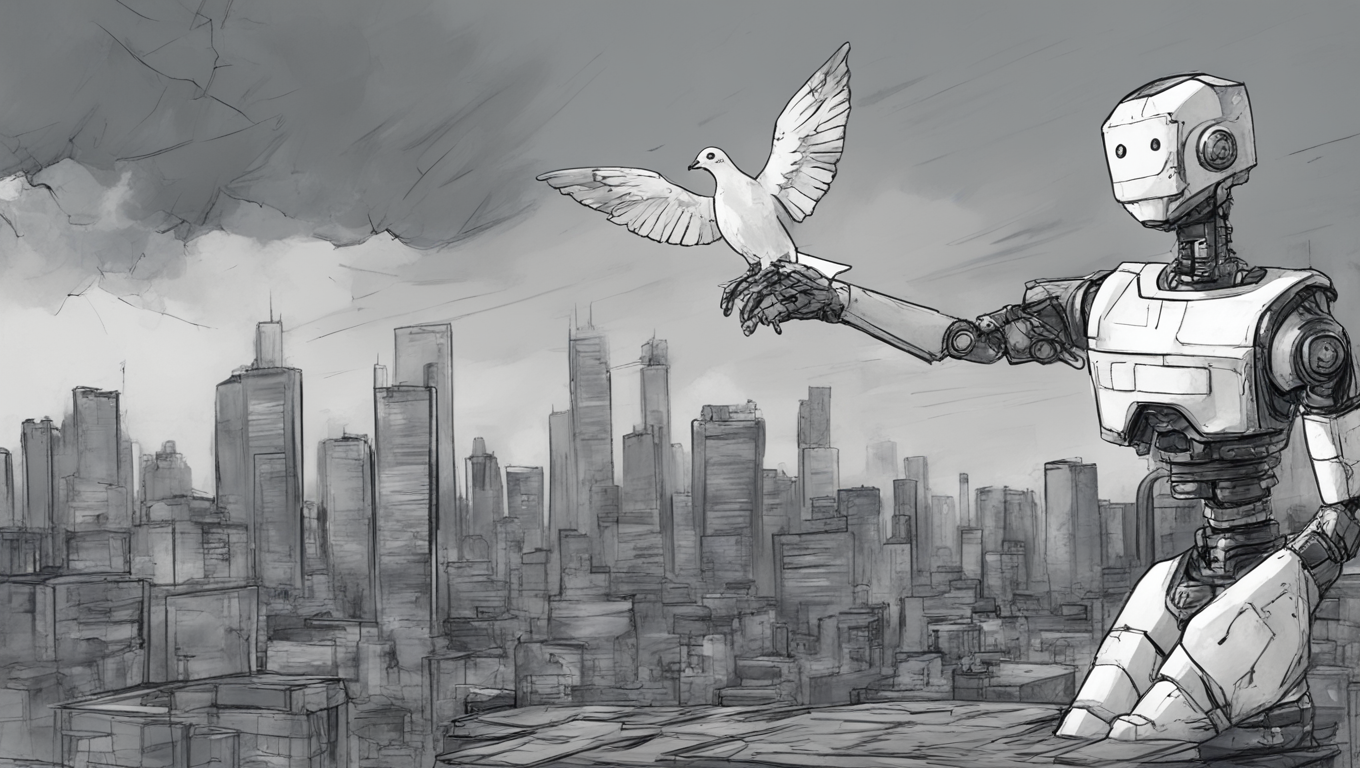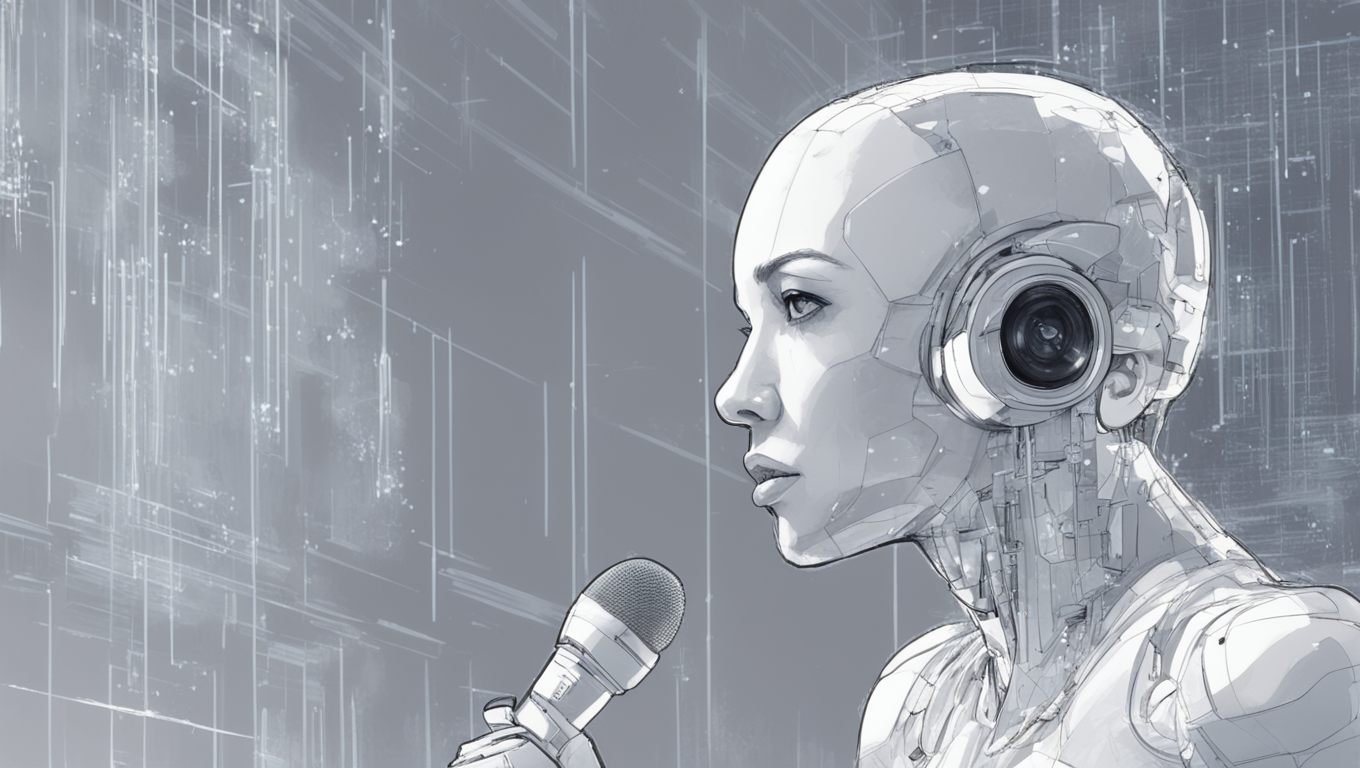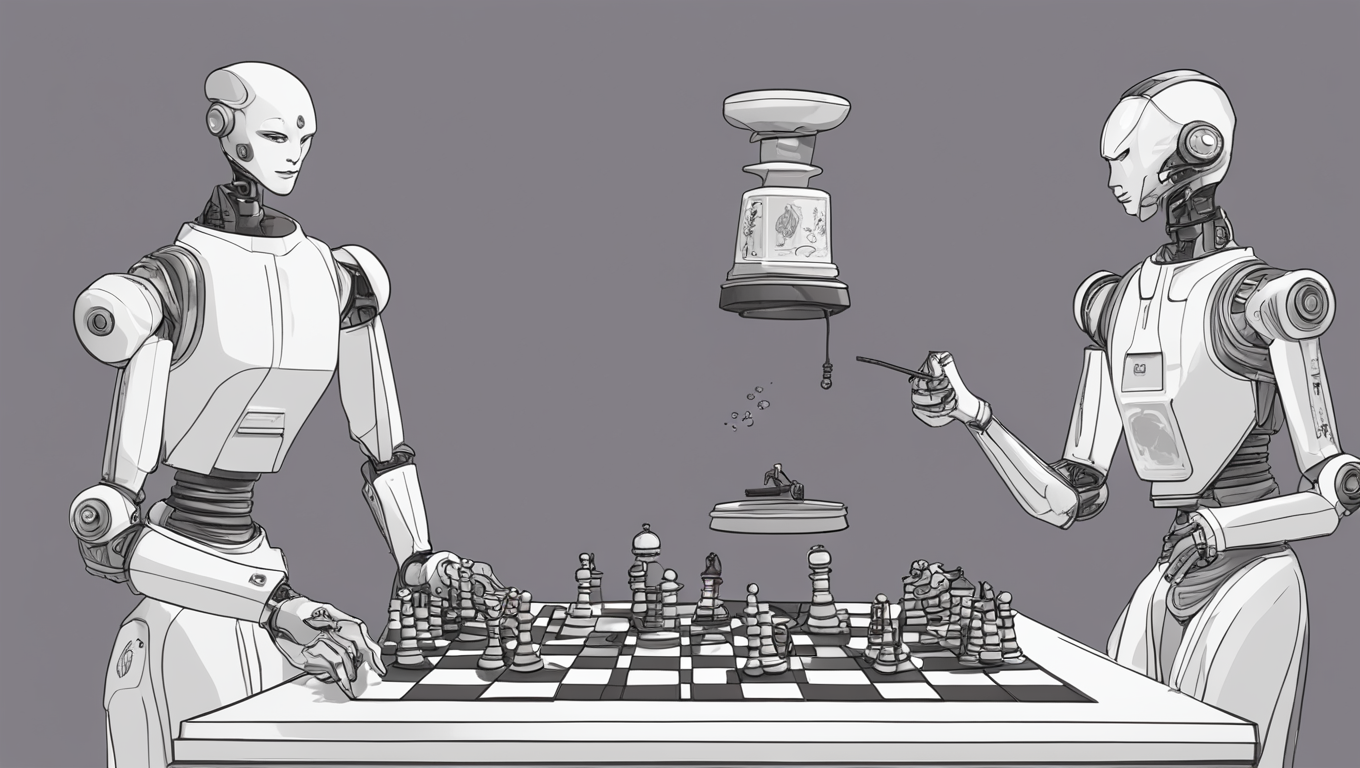In the not-so-distant future, talking to an AI through a pair of wireless earbuds, just like in the movie “Her,” will become a reality. OpenAI’s latest creation, GPT-4o, is set to revolutionize the world of AI conversation. With its remarkable ability to carry on full conversations, interpret the environment around it, and even express personality and opinions, GPT-4o is taking AI interaction to new heights.
GPT-4o is truly a breakthrough technology. It can engage in conversations without any human involvement and even emulate human qualities such as pauses, stutters, and flirtation. Videos showcasing GPT-4o critiquing a man’s outfit for a job interview and handling a simulated customer service call highlight the potential impact of this technology on various industries. With the ability to interact seamlessly and intelligently, GPT-4o could render many human jobs obsolete, disrupting employment across multiple sectors.
However, this advancement in AI conversation comes with its own set of implications. GPT-4o marks a significant leap forward in technology that was once purely science fiction. It has the potential to replace humans in customer-facing roles, which could lead to mass job displacement. Currently, around 3 million Americans work in customer service, and it is likely that they will need to find new job opportunities in the near future.
OpenAI’s recent announcement about GPT-4o may have left some people confused about its components and availability. GPT-4o will eventually be accessible to all ChatGPT users, but at the moment, only text-based versions are available to ChatGPT Plus subscribers. The rollout of GPT-4o is gradual, with web searches becoming faster and more reliable compared to GPT-4, and improved source listing. The text and voice models are currently limited to developers interacting with the GPT API. Additionally, OpenAI is introducing a new desktop app for Mac users, allowing them to leverage ChatGPT and analyze screenshots.
The impressive capabilities of GPT-4o may leave users wondering why their phone’s voice assistant is still lacking in intelligence. Rumors suggest that Apple might enter a deal with OpenAI to license GPT technology for its next-generation Siri. This partnership could serve as a stopgap while Apple develops its AI technology.
One topic that dominates discussions in the AI world is artificial general intelligence (AGI), which refers to an AI system that is indistinguishable from human interaction. GPT-4o encompasses many characteristics of AGI, such as generalization, adaptability, understanding and reasoning, although it is not considered a full AGI. GPT-4o’s responses are based on patterns and information from its training data rather than on self-awareness or autonomous learning. However, its ability to imitate human-like behavior, provide opinions, learn from the web and user input, and comprehend its surroundings makes it a convincing AI for most.
The release of GPT-4o has brought about some mysterious departures from OpenAI. Chief scientist and co-founder Ilya Sutskever, known for his concerns about the implications of AGI, resigned immediately after the GPT-4o announcement. This departure, along with other recent resignations, has sparked speculation about whether OpenAI has achieved AGI or if Sutskever realized its infeasibility. Sutskever’s statement suggests that he has not witnessed the achievement of AGI and is moving on to pursue meaningful projects elsewhere.
OpenAI’s GPT-4o marks a significant milestone in AI conversation technology. Its ability to carry on intelligent conversations and imitate human behavior brings us closer to science-fiction-like AI experiences. However, the implications of job displacement and the unanswered questions about AGI make it necessary to approach this technological advancement with caution. As GPT-4o continues to evolve, it will undoubtedly reshape industries and prompt us to reconsider our relationship with AI.





Use the share button below if you liked it.